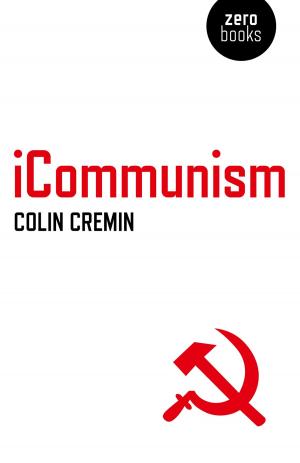Why We Love Sociopaths
A Guide To Late Capitalist Television
Nonfiction, Social & Cultural Studies, Social Science| Author: | Adam Kotsko | ISBN: | 9781780990927 |
| Publisher: | John Hunt Publishing | Publication: | April 27, 2012 |
| Imprint: | John Hunt Publishing | Language: | English |
| Author: | Adam Kotsko |
| ISBN: | 9781780990927 |
| Publisher: | John Hunt Publishing |
| Publication: | April 27, 2012 |
| Imprint: | John Hunt Publishing |
| Language: | English |
Sociopaths are pervasive in contemporary television, from high-brow drama all the way down to cartoons -- and of course the news as well. From the scheming Eric Cartman of South Parkto the seductive imposter Don Draper of Mad Men, cold and ruthless characters captivate us, making us wish that we could be so effective and successful. Yet why should we admire characters who get ahead by being amoral and uncaring? In his follow-up to Awkwardness, Adam Kotsko argues that the popularity of the ruthless sociopath reflects our dissatisfaction with a failed social contract, showing that we believe that the world rewards the evil and uncaring rather than the good. By analyzing characters like the serial killer star of Dexter and the cynical Dr. House, Kotsko shows that the fantasy of the sociopath distracts us from our real problems -- but that we still might benefit from being a little more sociopathic.
Sociopaths are pervasive in contemporary television, from high-brow drama all the way down to cartoons -- and of course the news as well. From the scheming Eric Cartman of South Parkto the seductive imposter Don Draper of Mad Men, cold and ruthless characters captivate us, making us wish that we could be so effective and successful. Yet why should we admire characters who get ahead by being amoral and uncaring? In his follow-up to Awkwardness, Adam Kotsko argues that the popularity of the ruthless sociopath reflects our dissatisfaction with a failed social contract, showing that we believe that the world rewards the evil and uncaring rather than the good. By analyzing characters like the serial killer star of Dexter and the cynical Dr. House, Kotsko shows that the fantasy of the sociopath distracts us from our real problems -- but that we still might benefit from being a little more sociopathic.















